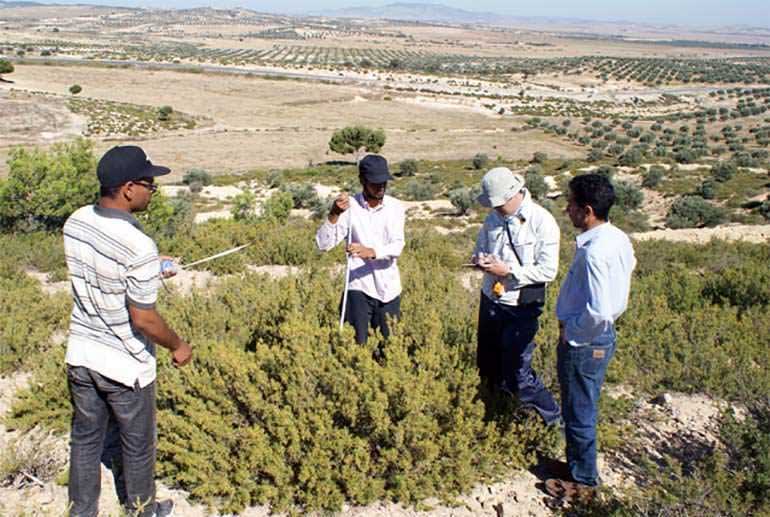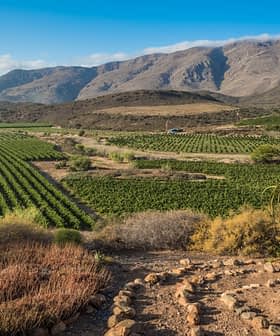A Japanese development project underway in Tunisia aims to support the development of olive oil products and promote the export of Tunisian olive oil.
Partnership for Sustainable Development (SATREPS), a collaboration of the Japan International Cooperation Agency (JICA) and the Japan Science and Technology Agency was launched in 2009 under the project title “Valorization of Bio-resources in Semi Arid and Arid Land for Regional Development: Harnessing the Power of Desert Plants.”
On April 27, 2015, the outcomes and future steps of the cooperation project were presented to Tunisian prime minister Habib Essid by a Japanese delegation including Hiroko Isoda, the head of the Japanese project team, and Jouichi Takhara, Japanese ambassador to Tunisia.
A 2‑year $6 million project funded by the Japan International Cooperation Agency (JICA) and the Japan Science and Technology Agency (JIST) includes a study focussing on the valorization of olive oil products, improving olive oil quality, and the recycling of waste from oil production conducted by five Tunisian research institutions and a team of Japanese researchers from the University of Tsukuba.
According to JICA, despite the quality of Tunisian olive oil, Tunisia has not been unable to brand it and the majority is exported to Europe where it is mixed with other olive oils before being sold as Italian or Spanish olive oil.

The meeting with the Tunisian prime minister was followed by a symposium on April 29 in Tunis where Atsushi Asano, a representative of JICA, announced that Tunisian olive oil will be introduced to Japanese consumers, while the Japanese ambassador revealed that Japanese companies will be conducting studies on sustainable olive production.
Olive oil production in Tunisia increased fourfold during the last harvest, Tunisia second largest olive oil producer as the largest olive oil producer after Spain. 60 to 70 percent of Tunisia’s olive oil is exported to the EU, mostly to Spain and Italy.








